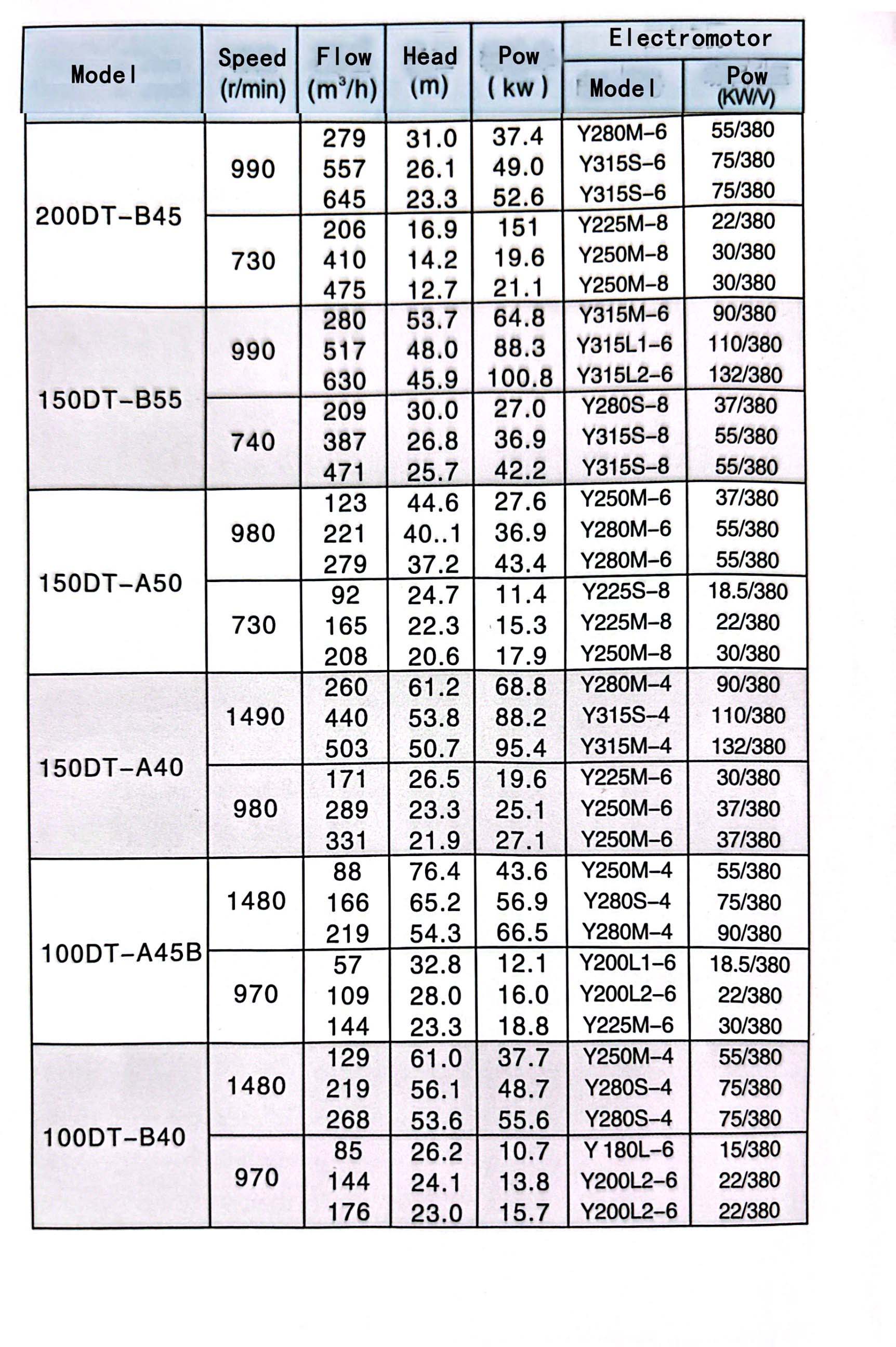English
- Afrikaans
- Albanian
- Amharic
- Arabic
- Armenian
- Azerbaijani
- Basque
- Belarusian
- Bengali
- Bosnian
- Bulgarian
- Catalan
- Cebuano
- Corsican
- Croatian
- Czech
- Danish
- Dutch
- English
- Esperanto
- Estonian
- Finnish
- French
- Frisian
- Galician
- Georgian
- German
- Greek
- Gujarati
- Haitian Creole
- hausa
- hawaiian
- Hebrew
- Hindi
- Miao
- Hungarian
- Icelandic
- igbo
- Indonesian
- irish
- Italian
- Japanese
- Javanese
- Kannada
- kazakh
- Khmer
- Rwandese
- Korean
- Kurdish
- Kyrgyz
- Lao
- Latin
- Latvian
- Lithuanian
- Luxembourgish
- Macedonian
- Malgashi
- Malay
- Malayalam
- Maltese
- Maori
- Marathi
- Mongolian
- Myanmar
- Nepali
- Norwegian
- Norwegian
- Occitan
- Pashto
- Persian
- Polish
- Portuguese
- Punjabi
- Romanian
- Russian
- Samoan
- Scottish Gaelic
- Serbian
- Sesotho
- Shona
- Sindhi
- Sinhala
- Slovak
- Slovenian
- Somali
- Spanish
- Sundanese
- Swahili
- Swedish
- Tagalog
- Tajik
- Tamil
- Tatar
- Telugu
- Thai
- Turkish
- Turkmen
- Ukrainian
- Urdu
- Uighur
- Uzbek
- Vietnamese
- Welsh
- Bantu
- Yiddish
- Yoruba
- Zulu
Telephone: +86 13120555503
Email: frank@cypump.com
Sep . 23, 2024 15:55 Back to list
Innovative Solutions for Wastewater Management Using Ejector Pumps in Sewage Systems
Ejector Pumps for Sewage An Essential Component for Modern Wastewater Management
Ejector pumps play a crucial role in the effective management of sewage and wastewater systems. Designed to transport wastewater from lower elevations to higher ones, these pumps utilize the principle of fluid dynamics, employing a combination of atmospheric pressure and jets of water to remove sewage efficiently. Understanding how ejector pumps function and their application in various settings is essential for both residential and commercial property owners.
Ejector Pumps for Sewage An Essential Component for Modern Wastewater Management
One of the primary advantages of ejector pumps is their ability to handle sewage that contains solid waste, unlike traditional sump pumps that are limited to clear water. This versatility makes ejector pumps ideal for a variety of applications, including residential basements, commercial buildings, and even in municipal sewage systems. They can effectively manage both the inflow of wastewater and the outflow without the risk of clogs, ensuring a smoother operation and reduced maintenance issues.
ejector pumps for sewage

In residential settings, ejector pumps are particularly beneficial for homes situated below the level of the municipal sewer line. They provide an efficient solution for removing sewage from bathrooms, laundry rooms, and other areas where traditional gravity-fed systems might fail. For instance, in basement bathrooms where gravity drainage is impossible, ejector pumps become indispensable. They allow homeowners to install additional plumbing fixtures while complying with local plumbing codes.
On a larger scale, municipalities utilize ejector pumps in wastewater treatment plants and sewer systems to facilitate the movement of sewage across varying elevations. This is essential for ensuring that wastewater is treated efficiently and discharged safely into the environment. Ejector pumps reduce the reliance on more complex pumping systems, making them a cost-effective choice for many municipal applications.
When selecting an ejector pump, several factors must be considered, including flow rate, head pressure, and the type of solids that need to be processed. Proper sizing of the pump is critical for ensuring that it operates within its optimal range and effectively manages the expected volume of sewage. Additionally, regular maintenance and inspections can extend the life of the pump and ensure its reliability over time.
In conclusion, ejector pumps are a vital component in the modern management of sewage and wastewater. Their ability to efficiently transport wastewater from lower to higher elevations, combined with their versatility and reliability, makes them an indispensable tool for both residential and municipal applications. As urban areas continue to grow, the importance of effective sewage management, aided by technologies like ejector pumps, cannot be overstated. Investing in quality ejector systems and ensuring proper maintenance can lead to significant long-term benefits in sewage management and environmental protection.
-
ISG Series Vertical Pipeline Pump - Chi Yuan Pumps Co., LTD.|Advanced Hydraulic Design&Energy-Efficient Solutions
NewsJul.30,2025
-
ISG Series Vertical Pipeline Pump - Chi Yuan Pumps Co., LTD.
NewsJul.30,2025
-
ISG Series Vertical Pipeline Pump - Chi Yuan Pumps Co., LTD.|energy-efficient fluid handling&industrial durability
NewsJul.30,2025
-
ISG Series Vertical Pipeline Pump - Chi Yuan Pumps | Advanced Engineering&Industrial Efficiency
NewsJul.30,2025
-
ISG Series Pipeline Pump - Chi Yuan Pumps | High Efficiency, Energy Saving
NewsJul.30,2025
-
ISG Series Vertical Pipeline Pump-Chi Yuan Pumps|High Efficiency&Reliable Performance
NewsJul.29,2025










